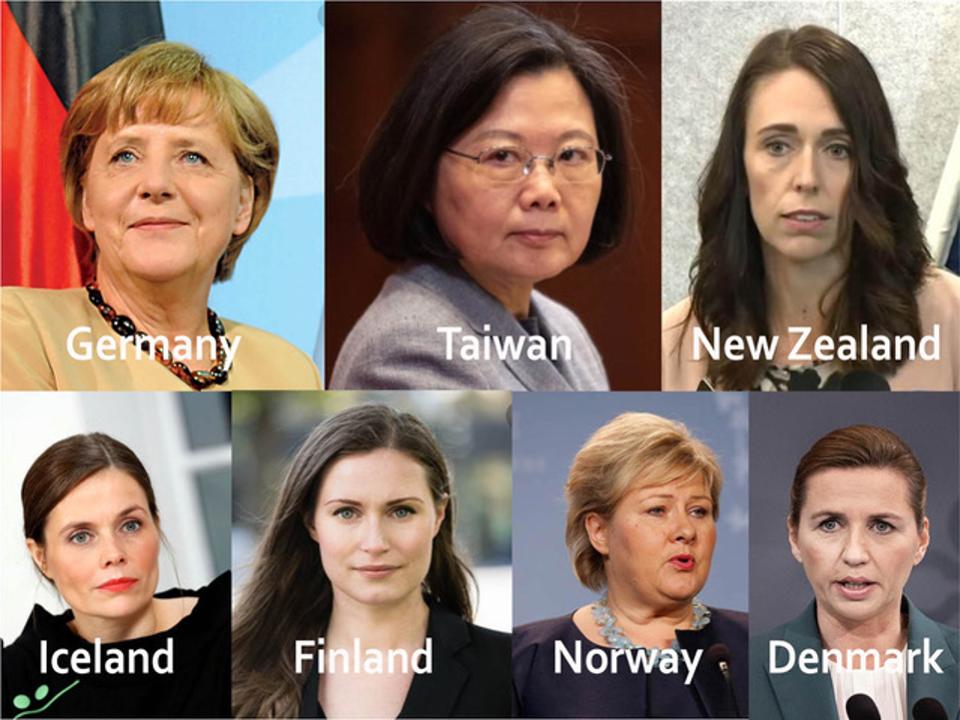CHILD MARRIAGE – THE MAJOR CAUSE OF THE SOCIO-ECONOMIC VULNERABILITY OF WOMEN AND GIRLS
 Child marriage is a widespread violation of human rights. It is an impediment to social and economic development, and it is rooted in gender inequality. The low value placed on girls and women brings about the act and acceptability of child marriage in societies where the practice is common. According to UNICEF, Child marriage refers to any formal marriage or informal union between a child under the age of 18 and an adult or another child. Child marriage is principally practiced in the rural and poor communities where young girls are regarded as economic burden and quickly married off to assuage household expenses.
Child marriage is a widespread violation of human rights. It is an impediment to social and economic development, and it is rooted in gender inequality. The low value placed on girls and women brings about the act and acceptability of child marriage in societies where the practice is common. According to UNICEF, Child marriage refers to any formal marriage or informal union between a child under the age of 18 and an adult or another child. Child marriage is principally practiced in the rural and poor communities where young girls are regarded as economic burden and quickly married off to assuage household expenses.
Child marriage has been a common practice among many ethnic groups in the world including Nigeria. However, it has contributed to series of negative consequences both for young girls and the society in which they live. It is a violation of human rights in general and of girl’s rights in particular. For both women and girls, child marriage has profound physical, intellectual, psychological and emotional impacts.
Aside the emotional and mental distress, intolerance, school drop-out, Fistula diseases, early widowhood, frustration and hatred for the man accompanied with child marriage, child marriage is inherently linked to low educational level, social isolation, severe health risks which results in increased gender inequality and vulnerability to poverty for girls, young women, families and the society at a large.
It is essential that efforts be aligned towards providing easy access for girls to entrepreneurial opportunities. In 2020, CFHI through Institute of Human Virology Nigeria (IHVN) and Catholic Caritas Foundation of Nigeria (CCFN) funded projects empowered 453 women with non- interest loans to start or expand their businesses, thereby increasing their social economic capital while empowering them with financial literacy and accountability. CFHI did not only provide loans, but also provided 97 startup kits to adolescents who were trained in different skills including sewing, barbing, hair dressing, baking, furniture making, Computer, among others. Thirty-three (33) newly enrolled adolescents are still in training.
As we celebrate the International Day of Women and Girls in Science tomorrow, the promotion of girl education should be a priority for NGOs and the Government. This is an ideal solution to the issue of girl-child marriage.
Speak Wednesday is an initiative of CFHI to address issues of gender based violence and gender bias. Join us every Wednesday on all our social media platforms for more episodes.


